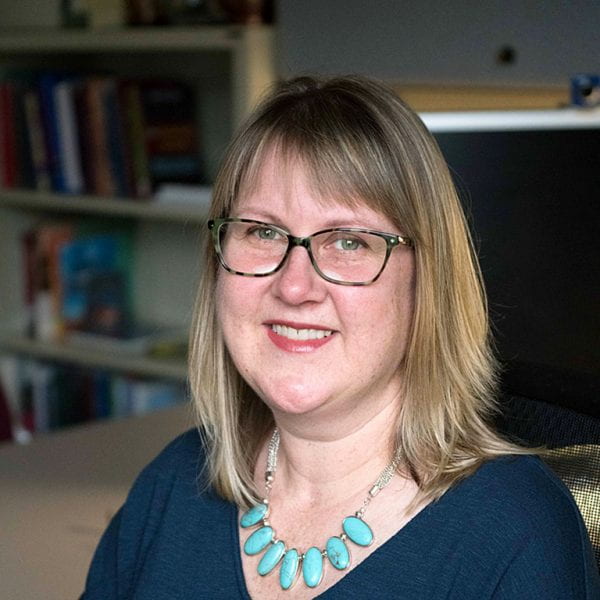Plenary – Lia Plakins

Assessment Transforming Pedagogy and Pedagogy Transforming Assessment
Sponsored by the Center for Language Studies-BYU
Saturday, September 17, 9:30-10:30am
Plenary Abstract
Focusing on the theme of the LARC 2022 conference, this presentation will explore the relationship between second language (L2) assessment, pedagogy, and transformation. In this talk, I make the case that ‘transformation,’ defined as changing collective consciousness, is highly complex. Transformation entails a deep reconfiguration of ideas, practices, and values. Second language assessment and pedagogy have both experienced transformation from each other over the years, as well as lesser, but still important, influences or impacts. Further, the relationship between assessment and pedagogy can be seen as bidirectional. Recent models of the learning-assessment cycle urge us to better understand the intersections rather than see these as separate domains. This presentation will illustrate two examples of intersections as areas for future transformation.
There are a number of ways in which assessment has influenced and transformed content and practice in L2 pedagogy. An example of this lies with integrated skills assessment. The division of language knowledge into several areas or modalities, such as oral production, reading, or writing remains highly evident in L2 assessment and pedagogy. However, there has been transformative thinking about language more holistically driven by domain analysis of language use, which has impacted language assessment (Knoch & Sitajalabhorn, 2013; Weigle 2004). Integrated assessment tasks are being included and shaped by many assessment contexts. Subsequently, they have provided L2 pedagogy with content for curricula, tasks, and instruction. While this interaction is influential and bidirectional, there is potential for transforming our thinking about language.
It is crucial in the current moment for L2 assessment to be transformed by critical pedagogy and the tenants of this theory. In fact, criticality emerged two decades ago through Critical Language Testing (CLT) (Lynch, 2001; Shohamy, 2001) and, furthered through recent calls for the field to recognize the socio-political dimensions of language assessment (Schissel & Khan, 2021). CLT is draws from scholarship in critical pedagogy (Freire, 1970, 1998). However, assessment has not yet been transformed in ways that comprehensively change thinking on standards, power, and justice. The inequity and discrimination laid bare by the global pandemic and race relations have furthered transformational line of work in pedagogy. Language assessment must be transformed by this scholarship. This would entail learning and applying ideas from areas such as critical pedagogy (Bartolomé, 2004); racio-linguistics (Flores & Rosa, 2015) and antiracism; and equity-centered education (Nieto & Bode, 2018). Ignoring or engaging only peripherally in this work would undermine any belief that language assessment can support multilingual learners’ opportunities and access to education.
Speaker Bio
Lia Plakans is the Department Executive Officer of Teaching and Learning as well as a Professor of Multilingual Education. She teaches graduate and undergraduate courses in language education, assessment, and second language reading. She conducts research and publishes in these areas with a focus on the integration of reading and writing in assessments; decision-making and testing; and processes in second language reading and writing. She has served as Associate Editor for Language Assessment Quarterly and as co-editor of the Brief Reports section of TESOL Quarterly. She is an editorial board member of Journal of Second Language Writing, Language Testing, and Assessing Writing. She has co-directed multiple grants ($2-2.5 million each) funded by the Office of English Language Acquisition in the U.S. Department of Education for professional development of pre-service and in-service teachers to support English Learners. She teaches in the K-12 ESL Endorsement program. Her research and teaching are situated in the U.S. and internationally, with time as a Fulbright scholar in Latvia, and collaborations with scholars in Taiwan, China, Korea, Japan, Australia, New Zealand, Turkey, Egypt, Norway, and the UK. As the DEO for the Department of Teaching and Learning, she works with faculty across disciplines in areas of educator preparation including curriculum review and revision, field experiences and mentoring, assessments of teacher candidates, professional development, equity-centered education, pipeline programming, and accreditation reviews.
